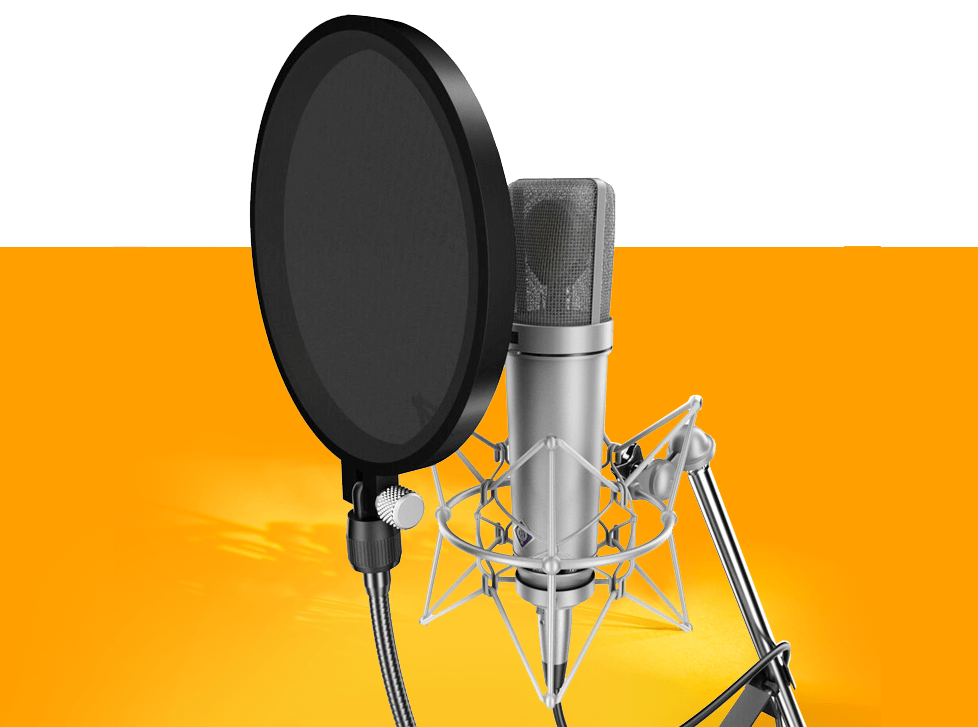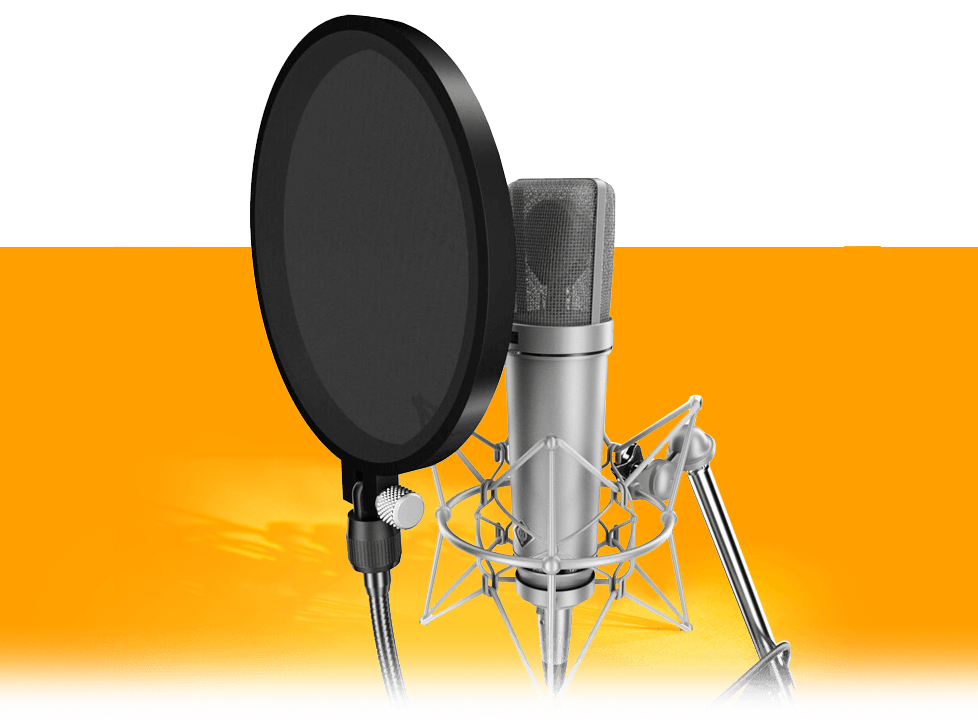Five Steps on Becoming An Audio Engineer for the Absolute Novice
Jeremy Alves | Oct 29, 2018
Do you have an undying love of music? Are you fascinated by how a song or album comes together? Do you find yourself catching things others don’t when listening to music? If you answered yes to any of the following, you might want to consider a career in audio engineering (if you haven’t already).
Now for the hard part, where do you start? Starting down a path of any career brings up many anxieties and concerns. It’s easy to psych yourself out before you even start down your path, worrying about stuff like who you’re competing against, your lack of skill and the overwhelming realization of how much work is in front of you. I like to think of starting a new job or career as standing at the foot of the mountain you’re about climb. There might be multiple trailheads for you to choose from, and more experienced hikers strolling by you in more expensive gear, but it’s important not to get bogged down about how far ahead others are of you when you haven’t even taken your first step.
Here are five great ways to kickstart your career in audio engineering.
1. Watch An engineer In Action
There’s no better way to get a real feel for a profession than by watching a master do their job. Believe it or not, it’s not as hard as you think to see this happen, and all you have to do is go to a live concert.
Chances are, knocking on the door of a recording studio to ask to watch a recording session isn’t going to get you very far. Most artists would rather work out of public eye, and just like any office, recording studios aren’t open for public viewing. However, live audio engineers almost exclusively work out in the open.
Most people want to be as close to the stage as possible when they go to a concert to get as good of a view of the band as possible. That’s all fine and good for the average consumer, but if you’re going there for educational purposes, next time position yourself as close to the audio tent as possible. Their are usually position to the center of the stage, three-quarters to the back of the venue. Either right in front or right beside the engineers is the area with the best sound in the house, because they are mixing to their location. That means you are hearing vocals, drums, guitars, keyboards and everything else on stage how they were intended to live. Make a mental note of how everything comes together, and how the audio engineer blends some sounds and makes others stand out. Make a game out of comparing each new song to the last, and see if you notice any changes in effects or levels coming from the band.
You won’t get a hands on approach here, or even an explanation for that matter, but by listening to the live band with a critical ear, you will start to understand the role of an audio engineer better. If you keep doing this at different concerts, you’ll begin to form ideas of how you as an audio engineer can make tweaks and modifications to elevate elements of music.
Pro-tip: buy a pair of high-fidelity ear plugs. They don’t cost a whole lot, but will save your ears and even make the music a bit clearer.
2. Do Some Light, Educational Binging
The first one might be the most simple (and enjoyable, too). Don’t know where to begin? The easiest way to learn more about your future job is to watch the pros in action. Lucky for you there’s a near-endless amount of content available on the internet that will give you a better sense of how an audio engineer and recording artists in general put their work together.
If you like movies there are so many great films available that go behind the console and show world-class audio engineers go to work. Classic Albums – The Jimi Hendrix Experience: Electric Ladyland is an absolute must-watch, and demonstrates how innovative Hendrix was in the recording studio. My personal favourite is I Am Trying To Break Your Heart, a documentary that follows seminal indie group Wilco during the recording sessions of their critically-acclaimed album Yankee Hotel Foxtrot.
If movies aren’t your thing, Song Exploder is an incredible podcast that takes you into the minds of artists as they recall how they wrote, composed and mixed their biggest hits. My personal favourite features Patrick Carney (Black Keys) as he takes apart the Bojack Horseman theme song he wrote and recorded.
3. Volunteer Your Time
No question, volunteering your time at a recording studio or production house is the best way for you to learn from the pros.
If you are considering school, see if your program has internship possibilities or placements. If not, do a bit of research and find a couple recording studios in the area. If you’re able to, volunteer for free, or ask if they have any paid intern positions. Getting your foot in the door is super important here, so if you need to volunteer to run the front desk that’s fine! In that case, take advantage of your opportunity and ask to sit in recording sessions as much as possible, and even request one-on-ones to ask questions and learn what you can.
If none of these are an option, get creative! Community theaters always need all the help they can get for shows. Volunteer to help the audio team or run the boards. You could even consider getting a job at a bar that has live shows, and volunteer to run the board. Do anything you can do to get behind the board, whether it’s in the studio or in front of a live audience.
4. Start Messing Around
Naturally, all of this work would be wasted if you weren’t actually getting your hands dirty and honing your skills at home.
Start by getting a simple audio interface and downloading a digital audio workspace like cubase or Ableton. There are many, many different DAWs available, some free, some not, and have their uses for different types of projects.
If you’re into music mixing and sampling, try making your own beats or remixes. If you lean more towards the engineering side of things, try creating your own mixes from music stems. You may also decide to produce and mix local band’s music for compensation or volunteer (whatever you are comfortable with). Get your hands dirty and try it out!
5. Go To School!
This is the most tried and true method of walking down a career path. Why? Short answer, audio engineering schools will give you the kinds of access that most people are unable to find on their own.
Programs like OIART’s Audio Engineering & Music Production program are training the next top industry leaders. The reason is, students have access to top of the line studio equipment, and get to learn from industry experts. Choosing a program with a low student to teacher ratio is crucial, as you’ll have a dedicated staff that will actually be able to answer your questions and guide you through the process.
If you are able to support yourself through school, there’s no doubt that you’ll come away with some serious skills to help you kick ass in your new career.
Ready to Start?
OIART's Audio Program Includes:
✓ Small Class Sizes
✓ On Site Facilities
✓ Industry Leading Instructors
✓ Post Grad Support & Guidance
✓ Exclusive 11 Month Program
Have Questions?
If you have questions about our audio engineering and music production program or would like to book a tour, we would be pleased to speak with you.
Text Us: 519.200.4151
Apply in 4 Steps!
Step 1: Click apply now.
Step 2: Answer 8 questions about yourself.
Step 3: Upload supporting documents.
Step 4: That's it! You are done.
Your Future Is Sound
OIART is a unique school and program like you’ve never experienced before →


Your Future Is Sound
OIART is a unique school and program like you’ve never experienced before →
Your Future Is Sound
OIART is a unique school and program like you’ve never experienced before →

About Us
OIART is a unique school and program like you’ve never experienced before.
502 Newbold Street London, ON.
Quick Links
School Life
Get In Touch
If you have questions about our audio engineering and music production program or would like to book a tour, we would be pleased to speak with you personally.
O.I.A.R.T. Inc. | Privacy Policy | Sexual Violence and Harassment Policy | Terms of Use | Website design by Plasmid144 Digital Marketing
All Rights Reserved
